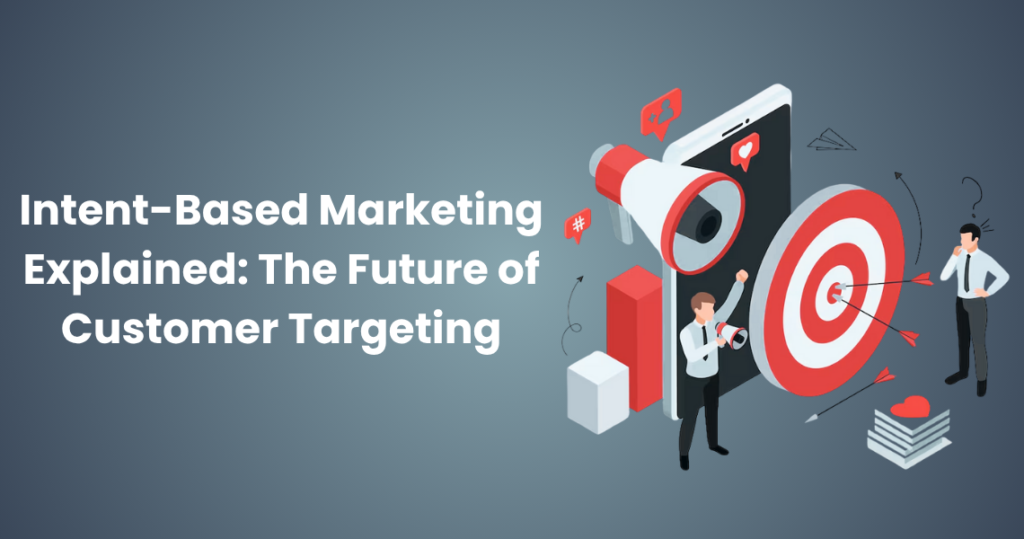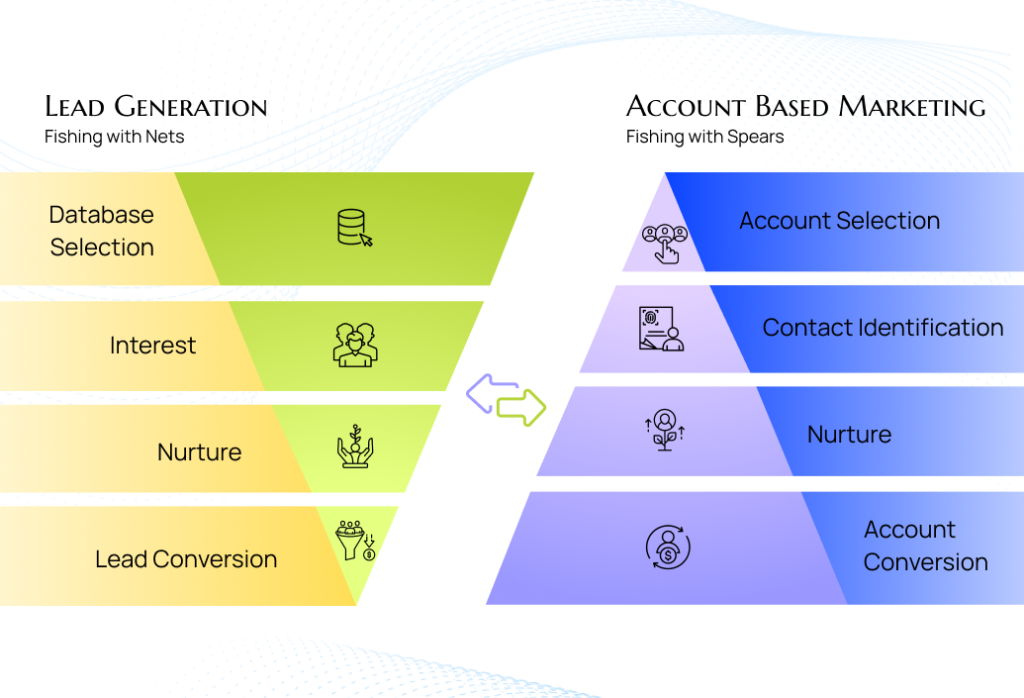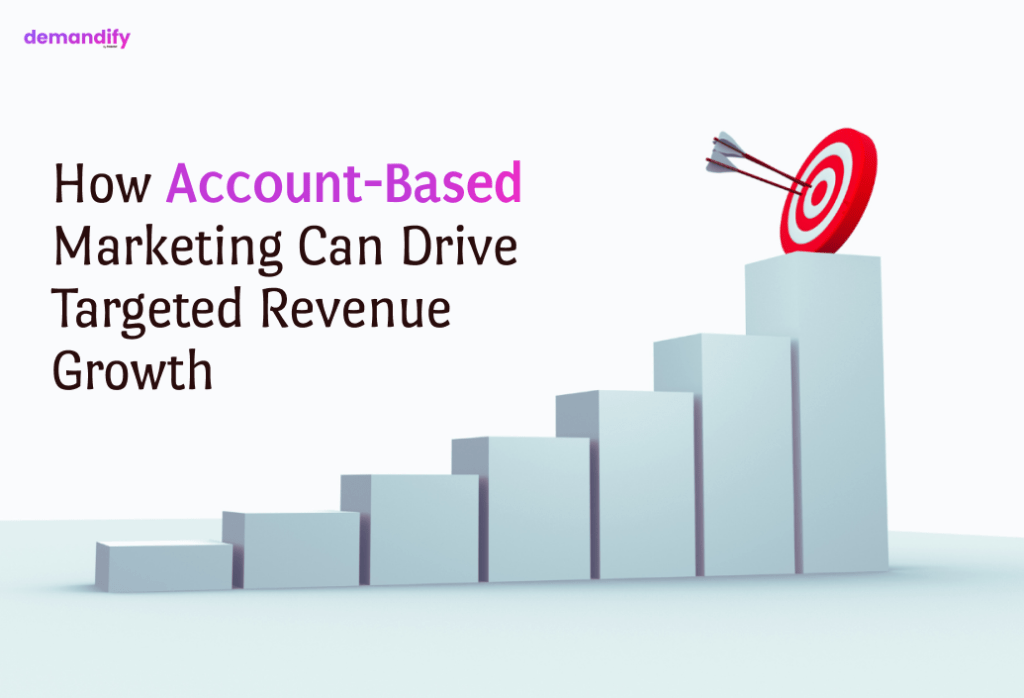
B2B Content Marketing Strategies for Generating High-Quality Leads
In today’s competitive business landscape, B2B content marketing has emerged as a crucial strategy for generating high-quality leads and driving business growth. At [Your Company Name], we understand the importance of crafting effective content marketing strategies that resonate with B2B audiences and drive meaningful results. In this article, we delve deep into the world of B2B content marketing, exploring key strategies that can help you generate high-quality leads and achieve your business objectives.
Understanding the B2B Content Marketing Landscape
What is B2B Content Marketing?
B2B content marketing involves creating and distributing valuable, relevant, and informative content to attract and engage B2B prospects and customers. Unlike traditional marketing approaches, content marketing focuses on building trust, establishing thought leadership, and nurturing long-term relationships with target audiences.
Why is B2B Content Marketing Important?
- Lead Generation: Effective content marketing strategies can drive qualified leads by providing valuable information that addresses the pain points and challenges of B2B buyers.
- Brand Awareness: Compelling content helps increase brand visibility and awareness within the B2B community, positioning your brand as a trusted industry leader.
- Relationship Building: Through content marketing, businesses can establish meaningful connections with prospects and customers, fostering loyalty and advocacy.
- Thought Leadership: Consistent and insightful content establishes your brand as a thought leader in your industry, enhancing credibility and attracting quality leads.
Key Strategies for B2B Content Marketing Success
1. Target Audience Research
Before crafting content, conduct thorough research to understand your target audience’s needs, preferences, pain points, and challenges. Use buyer personas to segment your audience effectively and tailor content to their specific requirements.
2. Content Planning and Creation
Develop a comprehensive content plan that aligns with your business goals and addresses different stages of the buyer’s journey. Create diverse content formats such as blog posts, whitepapers, case studies, infographics, and videos to cater to varied audience preferences.
3. SEO Optimization
Optimize your content for search engines by incorporating relevant keywords, meta descriptions, and structured data. Leverage SEO tools to analyze keyword trends, monitor rankings, and enhance your content’s discoverability.
4. Content Distribution
Promote your content across multiple channels, including social media platforms, industry forums, email newsletters, and guest blogging opportunities. Encourage social sharing and engagement to amplify your content reach.
5. Measurement and Optimization
Regularly monitor key performance indicators (KPIs) such as website traffic, lead conversions, engagement metrics, and ROI. Use data analytics to identify content gaps, optimize underperforming assets, and refine your content strategy for continuous improvement.
Case Study: [Real-Life Example]
To illustrate the effectiveness of B2B content marketing strategies, let’s examine a real-life case study. [Brief description of a successful B2B content marketing campaign and its outcomes.]
Conclusion
In conclusion, implementing effective B2B content marketing strategies is essential for generating high-quality leads, fostering customer relationships, and driving business growth. By understanding your audience, creating valuable content, optimizing for search engines, distributing across channels, and measuring performance, you can achieve B2B marketing success.








